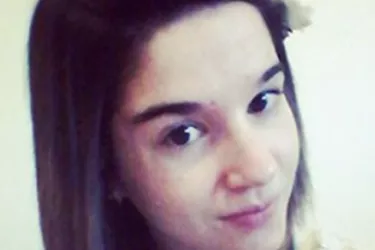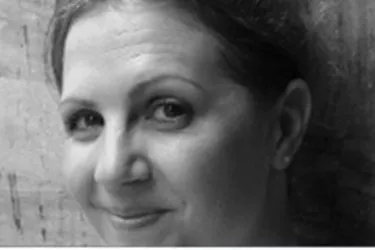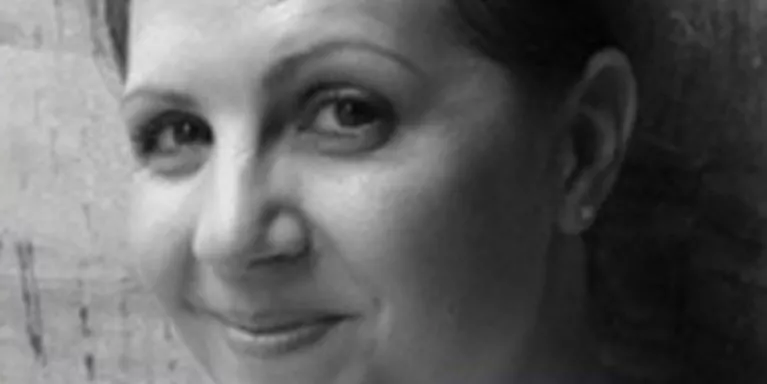Before I signed up to supported self-help, I felt like I was drowning
On World Mental Health Day, Janette blogs about how the Mind programme has helped her, and why sometimes it’s easier to be open and honest with someone you don’t know.
Our World Mental Health Day campaign is all about how awareness is just the start and it’s now time to act – whether that’s encouraging people to try Mind’s supported self-help programme sharing story like Janette has done, or doing something completely different. Find out more about supported self-help here.
Whatever action you take, you'll be helping to fight for mental health. Find out how to get involved with World Mental Health Day here.
Lots has happened in my life since 2020. I lost my mum to covid and then my nan passed away shortly after. A few months later, my family and I were forced to move into emergency accommodation to get away from our awful living situation. I almost lost my son. It felt like one bad thing was happening after the other, and I couldn’t seem to get myself out of the cycle.
Managing your feelings
I eventually visited my GP as I’d had some ongoing problems with my physical health, and they referred me to Mind for support with my mental health.
I was signed up for supported self-help, and that’s when I started working with my practitioner Stephanie from North East Wales Mind.
Supported self-help is a free, one-to-one six-week guided programme. Mind gives you the materials to understand and manage your feelings, and their practitioners use counselling based skills such as Cognitive Behavioural Therapy. Before I accessed Mind’s supported self-help, I felt like I was drowning.
Originally my symptoms covered everything from grief to anxiety and depression – but after talking to Stephanie it seemed like all of my problems were linked to the menopause, and the effect this was having on my mental health.
It took a bit of time to get started but Stephanie was lovely, and she worked with me for six weeks. Our meetings were over the phone, and she sent me booklets to read through and exercises that I could try at home.
“Stephanie provided me with various breathing and relaxation exercises to help calm me down in moments of anxiety.”
One was a diary exercise where I could write down all the issues that I’d been struggling to cope with, as well as ways that I could deal with them. This included a list of triggers – which we reviewed together the following week – and talked through in a way that I could think about why these triggers were affecting me, and feel able to understand them better.
Stephanie provided me with various breathing and relaxation exercises to help calm me down in moments of anxiety and worry. She also suggested using distraction methods and focusing on something else for a moment – all positive and useful advice that I still use today.
My mental health now is better than what it was. It’s not at 100%, and I don’t think it ever will be. I’m still experiencing grief from losing my mum and I do still miss her, but the service helped me though such a difficult time when it felt like everything was hitting me at once.
It was important for me to understand that my symptoms of anxiety, depression and grief all related to the menopause. It isn’t just the typical symptoms of menopause like night sweats. It’s the overwhelming feeling of everything – not sleeping, having nightmares, and constant worry. I have an appointment with the doctors soon to discuss my menopause symptoms. Stephanie advised me to write down everything I want to talk about, as I know my mind will go blank in the appointment.
Not being judged
I would strongly recommend supported self-help to others. Talking to somebody that you don’t already know is so helpful sometimes it’s so much easier to be open and honest with a stranger because they’re not going to judge you. They’re going to tell you how it is and give you impartial advice. And you won’t fall out with them if there are moments when you feel angry or upset!
Related Topics

Information and support
When you’re living with a mental health problem, or supporting someone who is, having access to the right information - about a condition, treatment options, or practical issues - is vital. Visit our information pages to find out more.
Share your story with others
Blogs and stories can show that people with mental health problems are cared about, understood and listened to. We can use it to challenge the status quo and change attitudes.

















